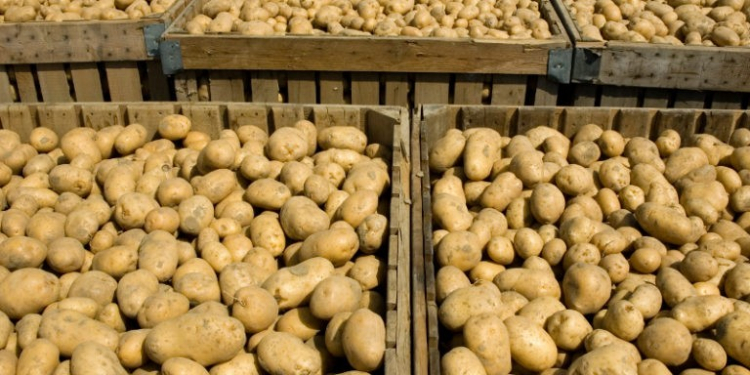Researchers dr. Jocelyn Midgley (Simplot Australia) and professor Vicki Chen, from UNSW School of Chemical Engineering in Sydney, Australia, associate professor Jayashree Arcot and PhD student Shirin Dabestani, plan to find a solution to extract valuable high quality proteins from wastewater.
Wastewater effluent from the food processing industries contains high concentrations of potassium, COD and BOD (chemical and biochemical oxygen demand) caused by the presence of starch, proteins, amino acids and sugars, imposing expensive treatment processes to the companies before discharge to the sewage system.
The waste stream from the potato processing industry particularly contains considerable amounts of these valuable by-products. Starch is recovered using simple separation systems including hydro-cyclones. However, commercially valuable proteins are still wasted.
For Simplot Australia, the project was a combination of the value engineering approach (i.e. what is in their waste streams that were not being utilized?), combined with food trends. Protein, particularly plant protein, is a food trend that has been gathering increasing momentum with consumers. Although the level of protein in this wastewater is low, large volumes of potatoes are processed, thus for Simplot Australia it was an investigation of opportunities.
Membrane technology has been used successfully to recover proteins from dilute waste streams such as cheese whey, utilizing a combination of concentration and diafiltration steps. Using UNSW expertise, this research project focused on vegetable protein recovery and processing. Novel membrane configurations to handle high solid concentrations were explored in addition to conventional membrane processes. Characterization of protein fractions/functionality, membrane fouling, and recovery was incorporated.
The plant protein extracted in this project can play a major role in food manufacturing due to its foaming, emulsifying and solubility properties. With a relatively high amino acid index (89%), potato protein can replace animal protein in processed food products due to the associated health benefits.
A membrane rig on a pilot scale including the proposed pre-treatment set-up was designed and built which underwent successful testing and will be used for future trials by the industry.







